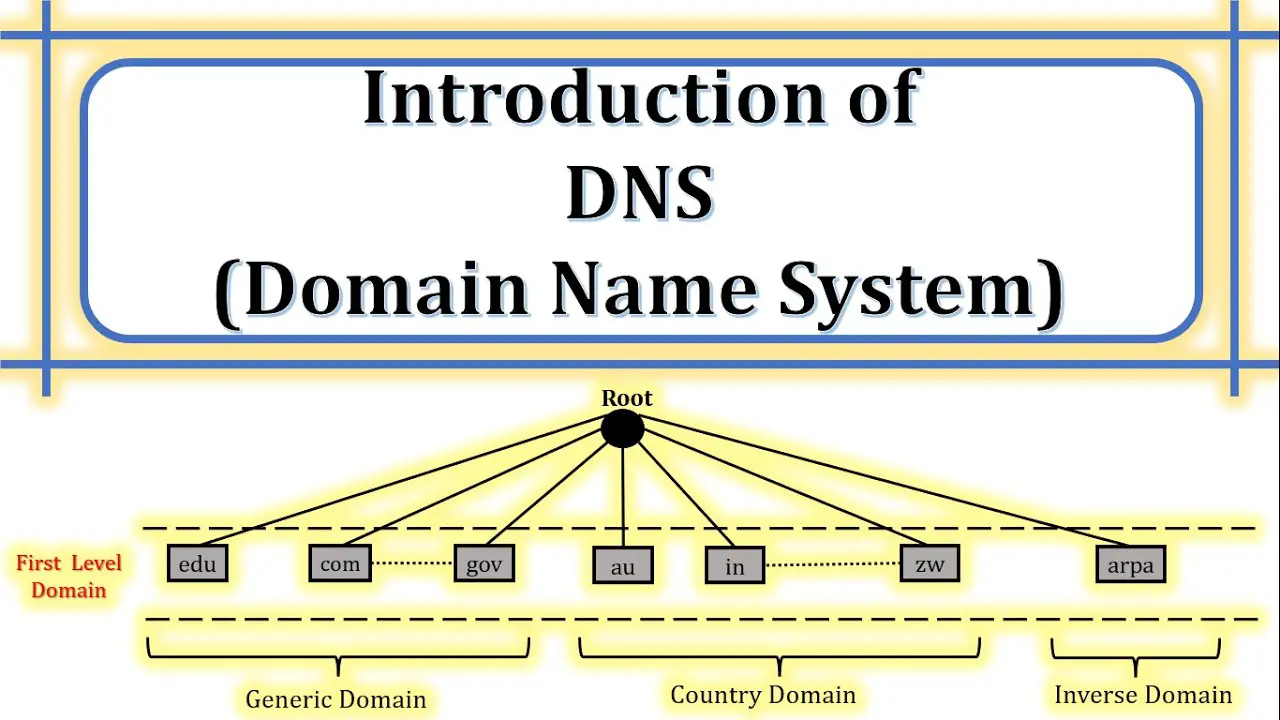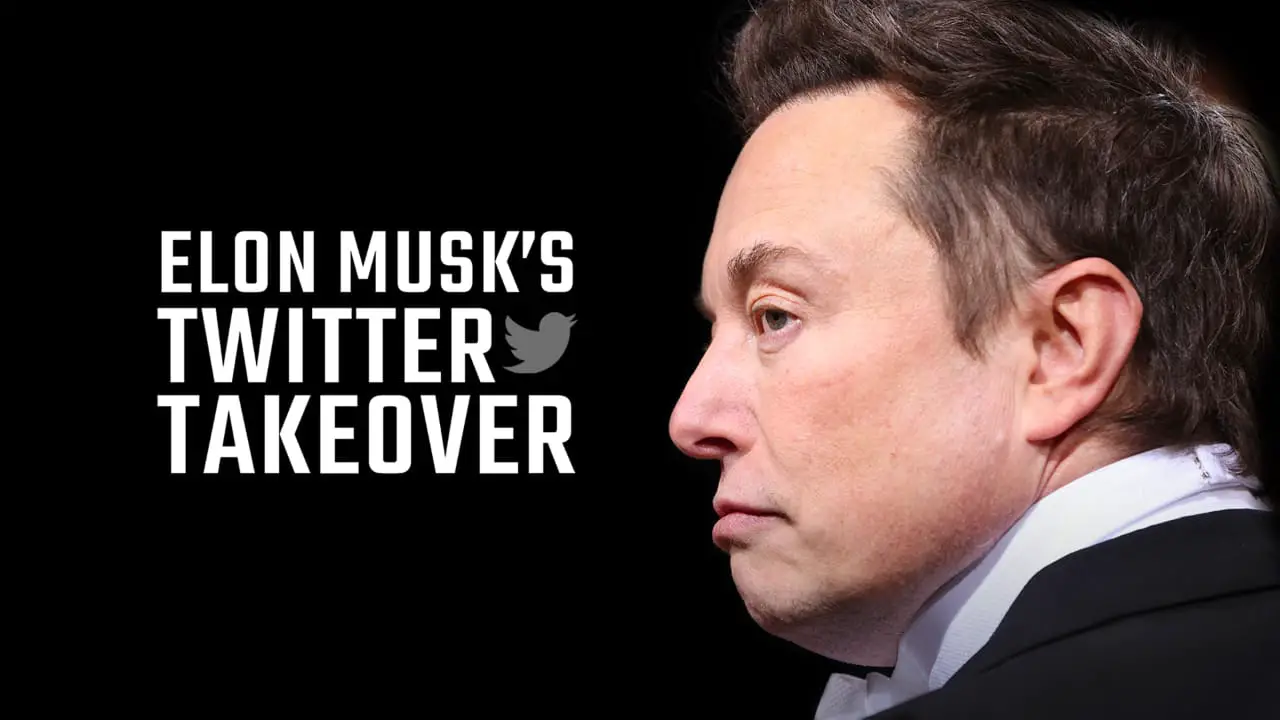Sundar Pichai was born on July 12, 1972 in Madhurai, Tamil Nadu, India. Despite growing up in a middle-class family, Pichai demonstrated his excellent academic abilities since childhood. His father, an electrical engineer, and mother, a stenographer, provided him with a supportive environment, which was suitable for education. Pichai studied at Jawahar Vidyalaya, a renowned school in Ashok Nagar, Chennai, where his academic talent was manifested. He displayed excellence in a variety of subjects, especially showing a special love for mathematics and science. Despite facing financial hardships, Pichai’s parents prioritized his education, instilling in him a strong work ethic and a thirst for knowledge. After completing his course, Pichai joined India’s leading engineering institute, the Indian Institute of Technology (IIT) Kharagpur. In 1993, he earned his Bachelor of Technology degree in Metallurgical Engineering, distinguishing himself as a top achiever among his peers. After his undergraduate studies, Pichai went to the United States, where he pursued higher education. He received a scholarship to Stanford University, where he earned a Master of Science degree in Materials Science and Engineering. Pichai’s time at Stanford exposed him to cutting-edge research and innovative technologies, which laid the foundation for his future endeavors.
Early Life and Education
Sundar Pichai, born on 12 July 1972 in Chennai, India, grew up in a middle-class family. His father, an electrical engineer, and mother, a stenographer, supported his education. Pichai’s journey to becoming the CEO of one of the world’s most influential companies like Google began with his early educational excellence. He excelled in his studies, particularly showing interest in technology and engineering. Pichai was educated at Padma Seshadri Bala Bhavan, a renowned school in Chennai, where he displayed extraordinary talent and sharp intelligence. His academic talent gave him the possibility of getting a place in the famous Indian Institute of Technology (IIT) Kharagpur. In 1993, he obtained a Bachelor of Technology degree in Metallurgical Engineering.
Pursuing Higher Education
After Pichai completed his undergraduate studies, he moved on to pursue further education in the United States, which would greatly influence his future. He received a scholarship to Stanford University, where he earned a Master of Science degree in Materials Science and Engineering. Pichai’s time at Stanford exposed him to the dynamic world of technology and innovation, prominent in Silicon Valley, and piqued his interest in pursuing a career in the tech industry. Following his master’s degree, Pichai continued his academic journey at the Wharton School of the University of Pennsylvania, where he received an MBA. His diverse educational background provided him with both technical expertise and business understanding, which laid a strong foundation for his future endeavors.
Early Career at Applied Materials and McKinsey & Company
Armed with his advanced degrees, Pichai set out on his professional journey, starting with a short stint at Applied Materials, a semiconductor manufacturing company. Here, he gained valuable experience working on semiconductor technology, which would prove beneficial in his later roles in the tech industry. In 2004, Pichai entered business consulting, joining McKinsey & Company as a consultant. His time at McKinsey gave him the opportunity to face different industries and business challenges, improving his problem-solving skills and strategic thinking. However, Pichai’s true calling was in the growing field of technology, and he soon found an opportunity that would change the trajectory of his career.
Joining Google: The Early Years
Pichai’s journey with Google began in 2004 when he joined the company as a product manager, first working on the Google Toolbar — a browser extension that provided quick access to Google search functionality. His role grew rapidly as he demonstrated his leadership abilities and meaningful approach. One of Pichai’s significant contributions during this period was his involvement in the development of Google Chrome, the company’s web browser. Pichai campaigned internally in favor of the project moving forward, stressing the need for a faster, more secure browsing experience. The launch of Chrome in 2008 was a significant milestone for Google, challenging the dominance of existing browsers and establishing Google as a major player in the browser market. Pichai’s success with Chrome brought increasing responsibilities within Google. He oversaw other important products, such as Google Drive and Gmail, which demonstrated his ability to drive innovation and manage complex projects. His leadership style, characterized by humility, collaboration and focus on user experience, has earned him respect and admiration within the company.
Early Career and Rise at Google
Sundar Pichai began his professional career after completing his graduation, initially working in engineering and product management roles at leading companies, such as Applied Materials and McKinsey & Company. However, his most important career move came in 2004 when he decided to join Google, a company with special interests in investigating emerging tech. Pichai’s tenure at Google marked the beginning of an unforgettable high point in his career. Initially hired as a product manager, he soon gained attention for his quick-wittedness, pithy intelligence, and collaborative spirit. His first projects included overseeing the development of the Google Toolbar and leading the launch of Google Chrome, the company’s revolutionary web browser. As Pichai’s contributions to Google grew, his responsibilities within the organization also increased. He played a key role in shaping the company’s product strategy, driving innovation across various platforms and services. His leadership abilities and approach earned him the trust and respect of his colleagues, making him a key figure for Google’s executive leadership. A defining moment of Sundar Pichai’s career came in 2013 when he was appointed as the senior deputy manager of Android, Chrome, and Apps. In this role, he assumed the duties of vice president of Google’s mobile operating system, Android, as well as the Chrome web browser and suite of productivity apps. Pichai’s leadership was critical in driving the development of these platforms and accelerating their results, helping Google stabilize in the mobile and Internet markets.
Rise to CEO
Sundar Pichai’s rise to prominence within Google led to his appointment as CEO in August 2015. As a result of a significant corporate restructuring, in which Google was acquired by Alphabet Inc. as the parent company. Pichai was selected to lead Google’s core business, while Alphabet’s co-founders, Larry Page and Sergey Brin, took on broader strategic roles in leadership. As CEO, Pichai faced the difficult choice of navigating Google in a rapidly changing technology landscape while maintaining the company’s core values of innovation, transparency, and user-centricity. Under his leadership, Google boosted its product portfolio, diversifying into new areas such as artificial intelligence, cloud computing, and hardware devices. Pichai’s tenure has been characterized by a sustained focus on using technology to solve real-life problems and support people in improving their lives. They have led initiatives to promote digital literacy, increase internet access, and use machine learning to encourage innovation across various industries. Additionally, Pichai has prioritized environmental sustainability and environmental protection, leading Google’s efforts to reduce its carbon footprint and promoting renewable energy solutions.
Rise to Prominence: Heading Android and Chrome
In 2013, Pichai’s role expanded significantly when he was appointed senior deputy administrator of Android, Google’s mobile operating system. This promotion came at a crucial time, when the smartphone revolution was in full swing and Android was emerging as a major player in the mobile market. Pichai’s leadership played a key role in shaping Android’s strategy, driving innovation, and building partnerships with device manufacturers and developers. Additionally, Pichai oversaw the launch of Google Chrome, which tarnished his reputation. Under his guidance, Chrome grew market share and became the most widespread web browser worldwide, surpassing competitors such as Internet Explorer and Mozilla Firefox. Pichai’s dual role, guiding Android and Chrome, showed his ability to manage a multifaceted and complex ecosystem. His strategic vision and collaborative approach contributed to Google’s overall success in the mobile and web browsing sectors, ensuring his sustainability as one of the company’s top executives.
CEO of Google: Leading the Company
In August 2015, Sundar Pichai reached the pinnacle of his career when he was named CEO of Google, replacing co-founder Larry Page. This appointment was made by Google’s Alphabet Inc. Google underwent a significant restructuring as the parent company of Google Inc., with Sundar Pichai taking over leadership of Google’s core business activities, such as search, advertising, YouTube, and Android. Pichai’s tenure as CEO focused on innovation, expansion, and the continued prominence of Google’s core products and services. Under his leadership, Google continued to invest in artificial intelligence, cloud computing, and other emerging technologies, positioning the company for future growth and competition. A major initiative of Pichai’s tenure as CEO was the reorganization of Google’s product departments under his leadership to foster greater collaboration and unity among teams. He also prioritized diversity and inclusion efforts, supporting equal opportunities for underrepresented groups in the company and technology industry.
CEO of Alphabet Inc
In December 2019, Sundar Pichai took on another important role when he was appointed CEO of Alphabet Inc. He was appointed CEO of Google Inc., replacing Google co-founders Larry Page and Sergey Brin. The appointment wraps up Pichai’s leadership under Alphabet’s vast portfolio, which includes companies such as Google, Waymo, Verily, and Calico. As CEO of Alphabet, Pichai faces the daunting task of overseeing diverse businesses while he undertakes the bold task of maintaining Google as a global technology leader. He described a vision for Alphabet that values innovation, situational upliftment, and responsible stewardship, guiding the company through the challenges and opportunities of the digital age. Under Pichai’s leadership, Alphabet invests in moonshot projects and breakthrough technologies such as self-driving cars, health innovations, and innovative energy solutions. His strategic guidance and dedication to long-term value creation has won him the appreciation of investors and stakeholders.
Challenges and Controversies
Despite his tremendous success, Sundar Pichai has faced challenges and controversies in his career. As CEO of Google and later Alphabet, he has handled privacy, antitrust investigations, and ethical issues regarding the company’s use of data and artificial intelligence. Pichai has faced these challenges head-on, and he has promoted greater transparency and accountability in Google’s data practices. One of its most significant challenges is the increased surveillance of Google’s business practices, in the United States and abroad. Google has been the subject of antitrust investigations in the context of its dominance, which has generated calls for greater regulation and oversight. Additionally, Google has also faced criticism for user data and privacy concerns, particularly in the context of high-profile data breaches and controversies surrounding targeted advertising of personal information.







Leave a Reply